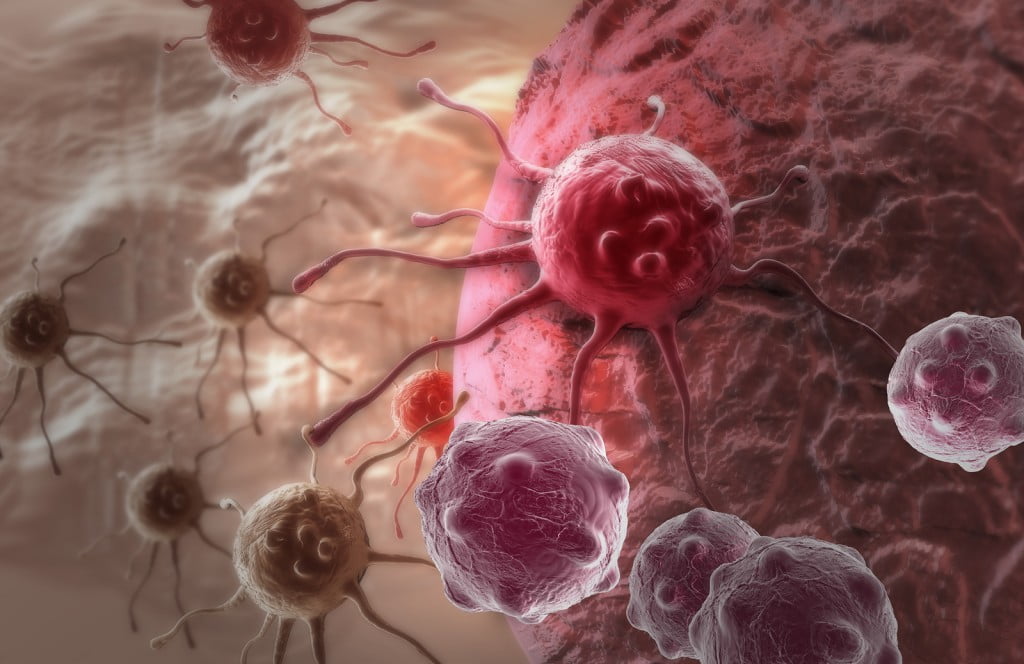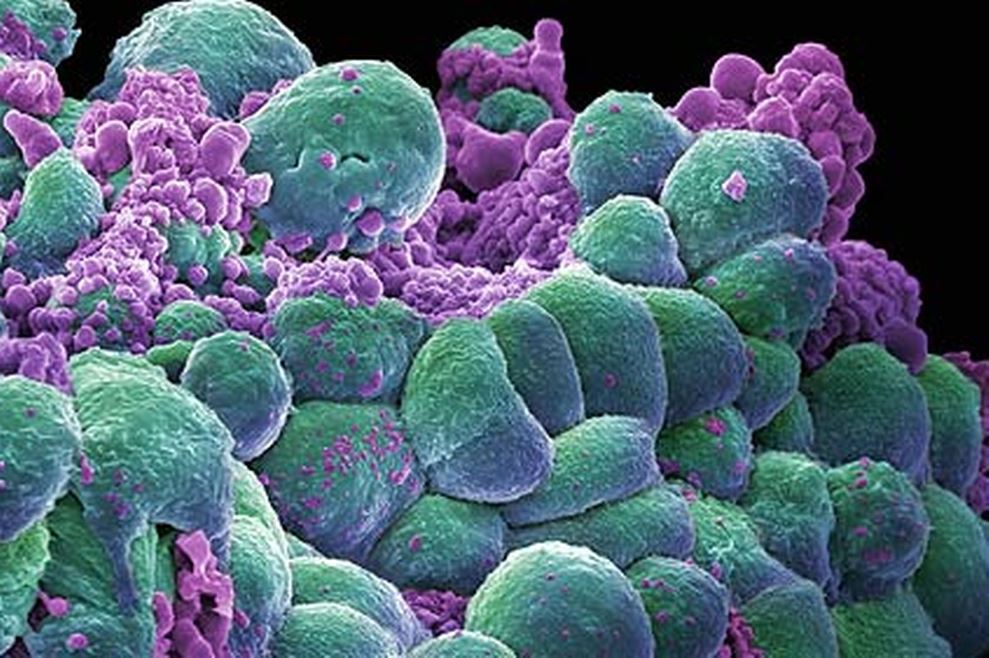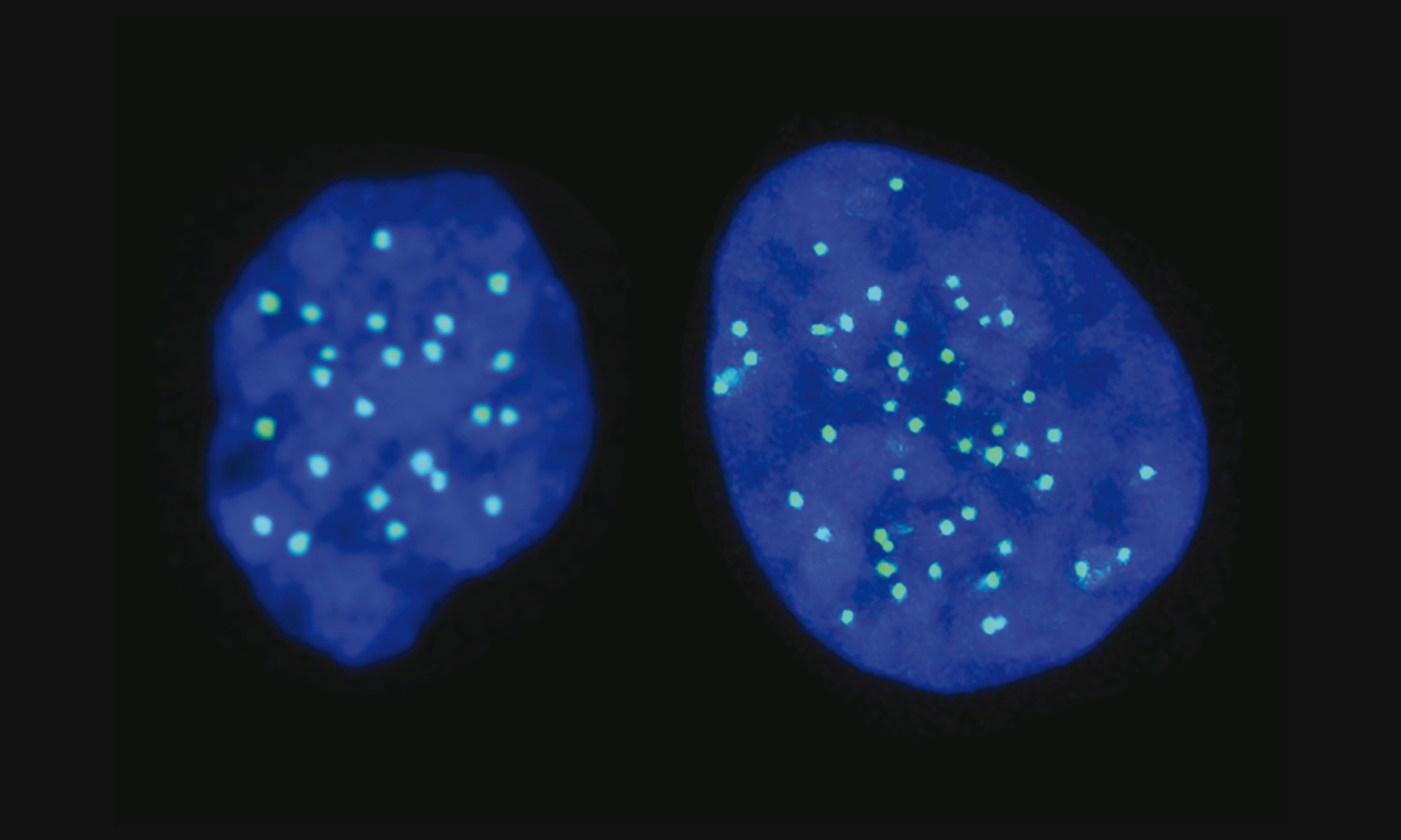This article was first published by The Times of Israel and was re-posted with permission.
Chemotherapy is sometimes thought to be a treatment that’s harsher than the disease it comes to fight.
Cancer patients are subject to rounds of chemotherapy treatments in which cells – both healthy and cancerous are expected to be destroyed in the process.
So, it’s especially awful when the targeted tumors have cell mutations that are resistant to chemo or develop resistance afterwards, rendering the potentially harmful therapy ineffective and pointless.
Now, Hebrew University researchers say they have developed a way to predict resistance to chemotherapy treatments, which can help doctors and patients better target their treatments, and helping reduce the rate of resistance levels “dramatically,” from the current 50 percent.
NewStem, a new biotech company set up by Prof. Nissim Benvenisty of the Azrieli Center for Stem Cells and Genetic Research at the Hebrew University of Jerusalem, says it discovered and managed to harvest human pluripotent embryonic stem cells which have just one set of chromosomes — called haploid cells — as opposed to the diploid cells with two sets of chromosomes that are found in most human cells. These pluripotent stem cells have the ability to become any cell type, for example heart cells or brain cells.
SEE ALSO: To Stop Cancer From Spreading: Shoot The Messenger
Sign up for our free weekly newsletter
SubscribeUsing these newly found and harvested haploid cells, the researchers created a so-called “cell line” in which a small number of cells are proliferated. They then mixed these cells with an existing genome-editing technique called Crispr Cas, which causes genetic mutations, managing to create a library with 180,000 mutations in 18,000 genes — or on average 10 mutations per gene.
SEE ALSO: How Elephants’ Genes Are Fighting Cancer In Humans
“This would cover all relevant genes for therapeutic purposes,” said Ayelet Dilion-Mashiah, CEO of NewStem.
To read the full article, click here.
Photos and illustrations: Yissum, Bigstock
Related posts

Israeli Medical Technologies That Could Change The World

Harnessing Our Own Bodies For Side Effect-Free Weight Loss

Missing Protein Could Unlock Treatment For Aggressive Lung Cancer






Facebook comments